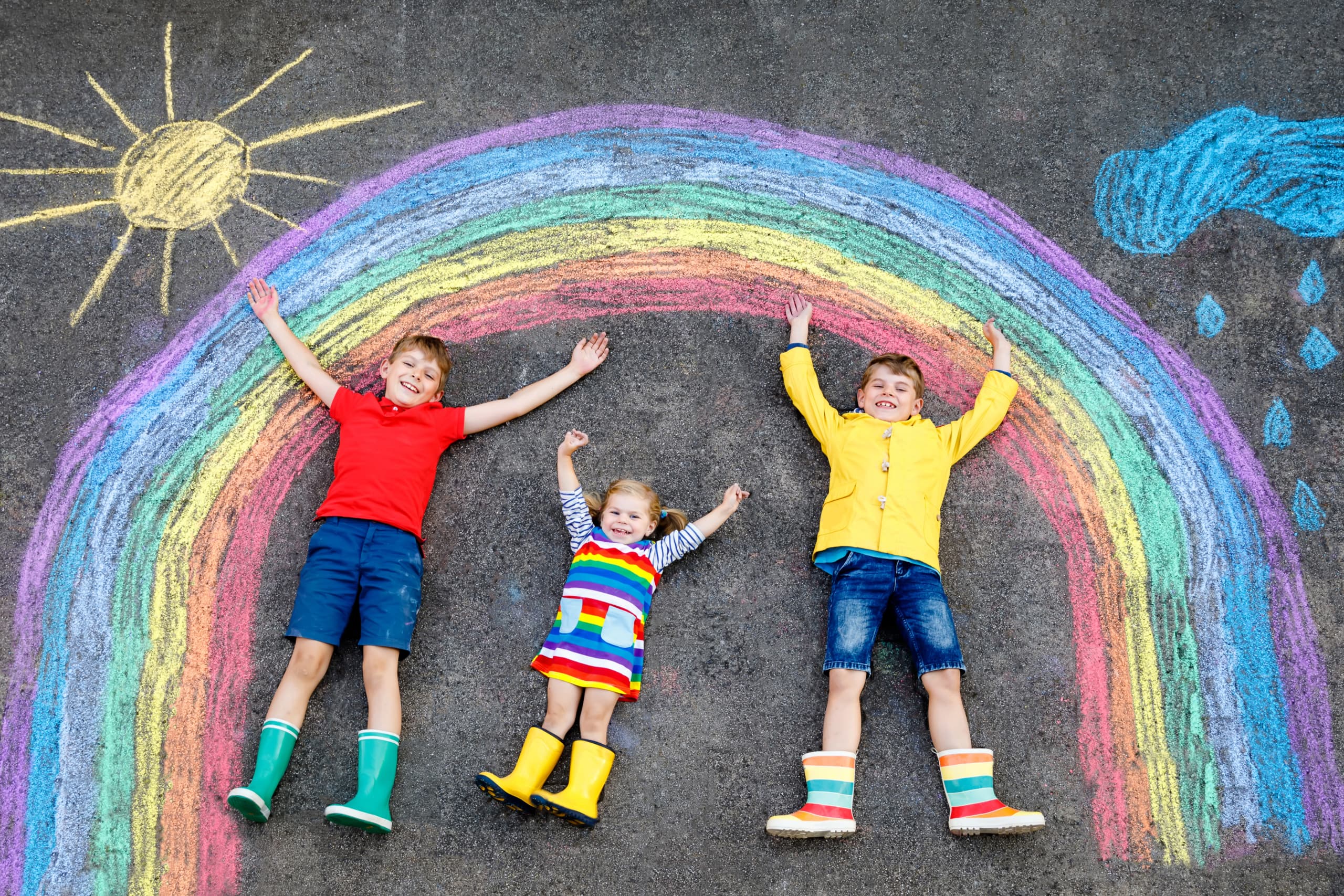How To Help Build Resilience In Children
Sadly, mental health problems in children are on the rise. Is this because we are becoming more aware of it, or there are more pressures that are children are facing in life? Whatever the issues, as child carers we need to be aware of this and educate ourselves on developing resilience.
What is resilience?
“The ability to overcome difficult experiences and be shaped positively by them.”
Children are not born with resilience and so they need to be taught how to react to situations and challenges by modelling and being nurtured through childhood. By doing this, forming tough strong support networks, and encouraging communication, we can help young people understand when they feel down and know what they can do to make themselves feel better.
So, what we can do? Here are a few suggested things which will help build resilience.
Have quality one-to-one time
Resilience comes from relationships children form and the nurturing the relationship gives. Unfortunately, resilience is not a magical “inner strength” that helps children through tough times, instead, it’s the reliable presence of one, supportive relationship, be it a parent, caregiver, teacher, relative, family friend or healthcare practitioner.
One to one times could be bath time, car journeys, meals, bedtime or a dedicated activity. Talk about your feelings, encourage them to express theirs. Listen to what they have to say. Once these one-to-ones become a regular occurrence, your children will know they always have a safe space to open up.
The Importance of Sleep
Lack of good-quality sleep is a huge driver for stress. It has a negative effect on memory, concentration, cognitive function, and decision-making.
Try and instil a good bedtime routine from an early age and stick with it. Children, depending on age, should be getting between 10-12 hours sleep a night.
Tech! Try and turn all ipads/phones/tv off an hour before bedtime.
Try and swap night lights to red bulbs – red has the least impact on melatonin production.
The Importance of Exercise
We all know that regular movement is important, and that most of us, children included, need to do more of it! Keeping them physically fit will also exercise your child’s brain and build resilience as exercise actually strengthens the brain too!
This is because the hormones that are released when we are stressed (cortisol and adrenaline) are raised temporarily when we exercise. Regular physical activity teaches our stress-response system to recover more efficiently.
Gratification
Resilience means also understanding you can’t always have what you want as soon as you want it! Teaching respect and patience, as well as being grateful for what you have is extremely important.
How can we teach this?
- Playing board games. These require control and turn-taking and learning how to lose. They will also have to learn about decision making. They will also watch you, and how you deal with losing and emotional regulation.
- Learning a musical instrument
- Mastering a new sport or skill
- Reading a book they don’t particularly enjoy
- Instead of asking your children with questions such as, “How was school?” and, “What did you do today?” ask them:
1) What did someone do today to make you happy?
2) What did you do to make someone else happy?
3) What have you learned today?
It’s a simple exercise which helps us all find the positive in every day. It teaches gratitude and recognises kindness.
Healthy Eating
Nutrition has a significant impact on mental health. We all know eating foods that are fresh and healthy are imperative to our physical health, as well as our mental health.
Try and make mealtimes social, fun and delicious! Why not challenge the whole family to “eat the alphabet” over 30 days. A for asparagus, B for banana, C for chickpeas, and so on. It turns healthy eating into a game, and encourages children to try new foods. Turn it into a competition and see who can tick off all the letters first!
Encourage your children to get involved with cooking. This educates them about food and textures, tastes, and making food from scratch. It will also teach them that sometimes when you have spent a lot of time making something, it might not turn out quite right or when you try really hard to do something for someone else, the pleasure it gives!
There is a really good framework set up by the charity Young Minds in collaboration with other charities that promote resilience. Have a read! https://youngminds.org.uk/media/1486/interactive_resilience_framework-002.pdf


